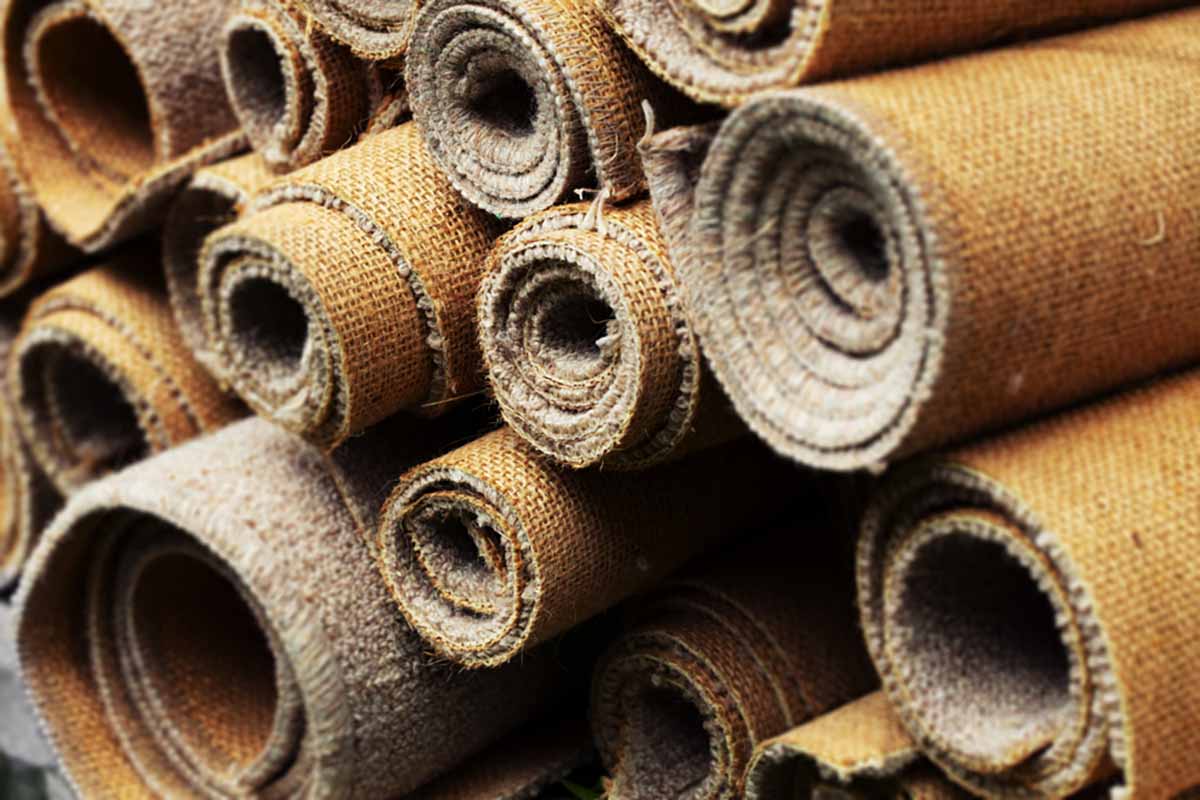
Increasingly, companies and industry groups are focusing their efforts on recycling carpet. | Optimarc/Shutterstock
The California carpet recycling rate rose by about 5 percentage points last year, reaching a record high of 33%. Meanwhile, carpet manufacturer Shaw reached a deal to recycle about 2 million pounds of production scrap a year.
The following are more details on the two recent carpet-related announcements:
California’s EPR program results
Carpet America Recovery Effort (CARE), which runs the 11-year-old carpet collection and recycling program under California’s extended producer responsibility (EPR) law, reported a 33% recycling rate for 2022, up from 27.9% in 2021.
The 2021 number was, itself, a big jump up from 20.9% in 2020.
CARE noted that the 2022 goal under the program’s five-year plan was 27%.
According to a press release, the program achieved or exceeded all of its program goals, including those related to carpet reuse, the recycling efficiency rate (percentage of what’s collected that’s ultimately recycled into new products or feedstock), the number of collection sites statewide, public drop-off weight collected and the number of new products made from recycled carpet materials.
In related news, starting April 1, the fees consumers pay when they buy new carpet in California increased. The money is used by CARE to provide collection and recycling subsidies, among other purposes.
Shaw’s pyrolysis partnership
Flooring manufacturer Shaw Industries signed a deal with chemical recycling company Encina Development Group to recycle 2 million pounds of manufacturing scrap a year.
The Woodlands, Texas-based Encina uses catalytic pyrolysis to convert the plastics into the aromatic chemicals benzene, toluene and xylenes (BTX), which are chemically typically produced from naphtha. Encina has a processing demonstration unit active in San Antonio.
“This partnership with Encina represents yet another significant step forward in our continued efforts to help fuel the circular economy,” Kellie Ballew, Shaw’s vice president of global sustainability and innovation, stated in a press release. “And it demonstrates the potential for innovative technologies and partnerships to reduce waste and environmental impact.”